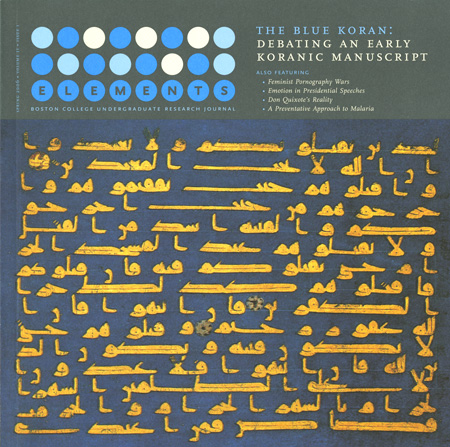After the Fall: Reevaluating Whiteness in J.M. Coetzee's Disgrace
DOI:
https://doi.org/10.6017/eurj.v2i1.8940Keywords:
Spring 2006, humanities, English, literatureAbstract
In light of the unfavorable way in which many white South Africans have reacted to black majority rule in contemporary South Africa, there has been a tendency to read J.M. Coetzee's 1999 novel Disgrace as a condemnation of the social disruption that has characterized South African life since 1994. While the novel certainly expresses a degree of unease over the politically precarious situation of whites in the new South Africa, such readings tend to ignore the complexities of both the novel and the politics of life after apartheid. Rather than an attack that describes white life as now essentially impossible, I try to understand Disgrace as a meditation on the meaning of whiteness in the new South Africa, one that seeks to leave behind the racist and imperialist discourses that previously defined whiteness as a social identity.Downloads
Published
2006-04-15
How to Cite
Smith, B. (2006). After the Fall: Reevaluating Whiteness in J.M. Coetzee’s Disgrace. Elements, 2(1). https://doi.org/10.6017/eurj.v2i1.8940
Issue
Section
Articles
License
Copyright (c) 2015 Elements

This work is licensed under a Creative Commons Attribution 4.0 International License.

